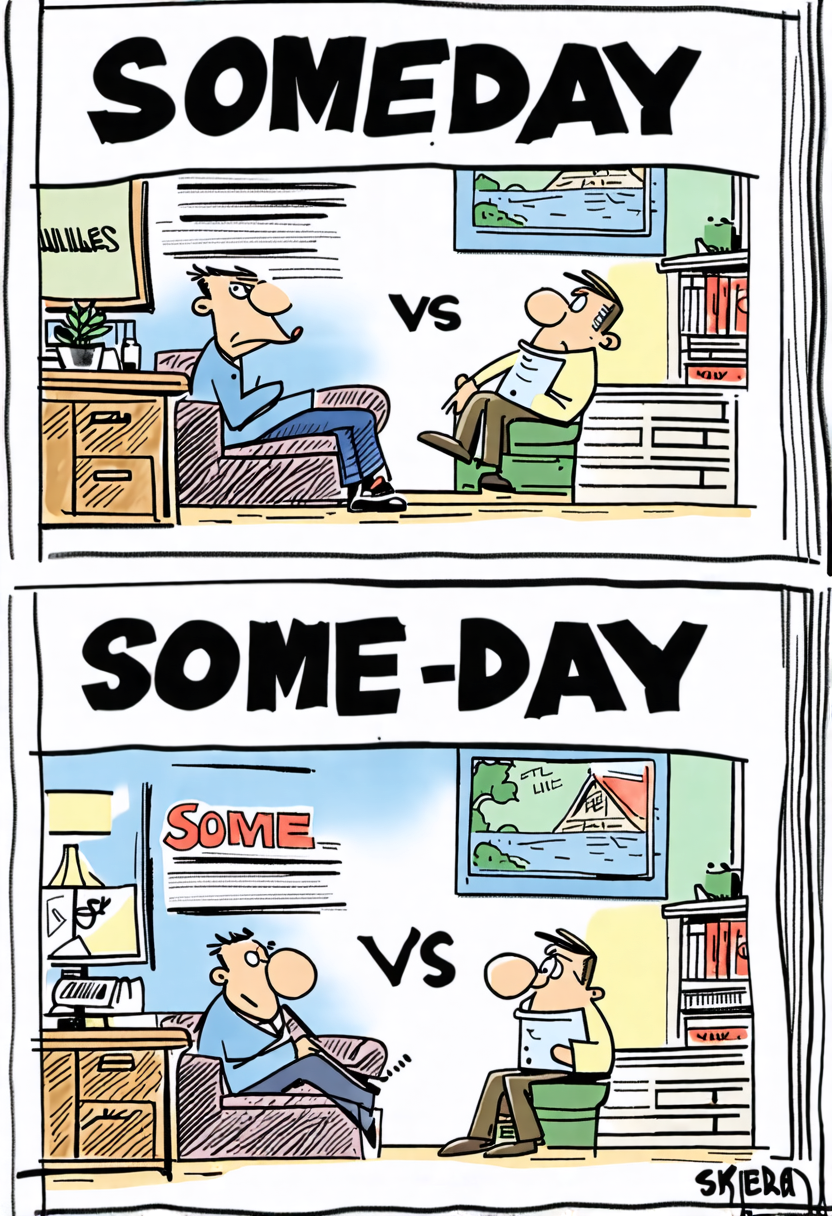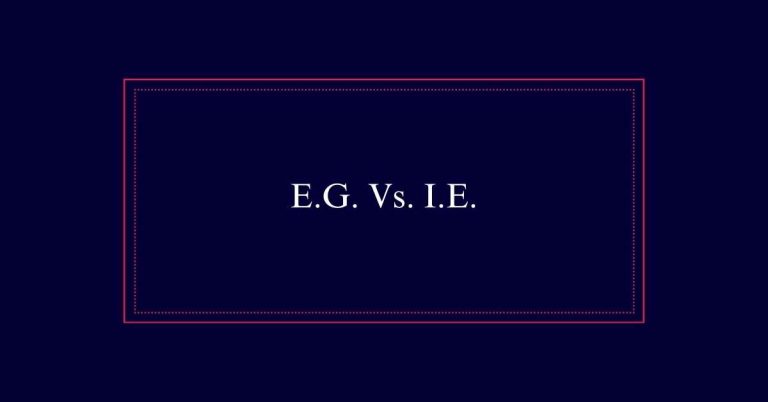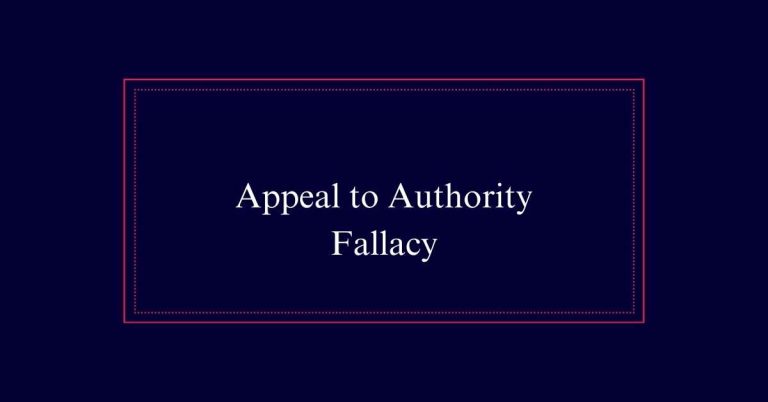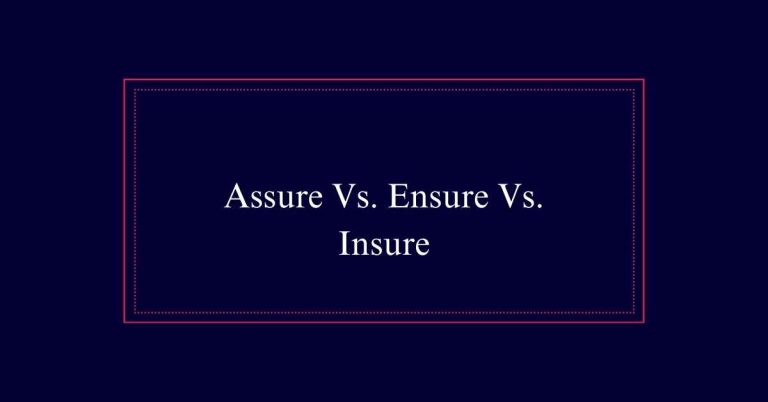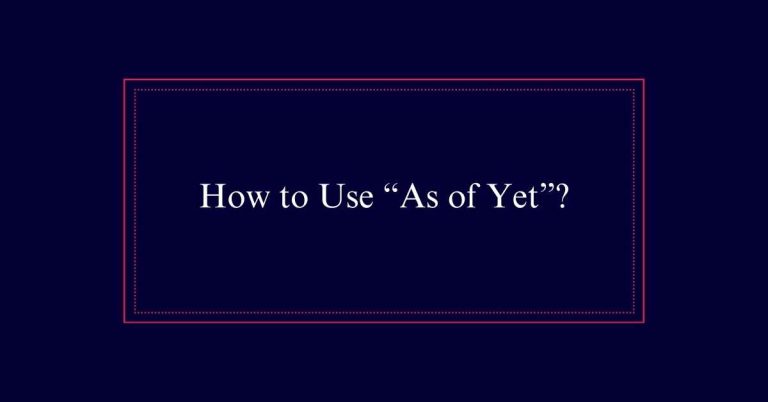Someday Vs. Some Day
‘Someday’ is an adverb used to indicate an indefinite future time, such as in aspirations or plans without a set timetable. For example, ‘I will travel to Japan someday.’ Conversely, ‘some day’ combines an adjective and a noun to refer to a specific, but unspecified, single day. For instance, ‘We should meet some day next week.’
What Someday Means
Understanding the meaning of ‘someday’ is essential for clear communication. ‘Someday’ is an adverb that refers to events expected to happen in the future, but at an indefinite time. It conveys a sense of eventuality without specifying when the event will occur. For example, one might say, ‘Someday, I will write a book,‘ indicating the intention to write at some point in the future.
This term is useful for expressing aspirations or plans that do not have a set date. Knowing the correct usage of ‘someday’ helps prevent miscommunication. It ensures that intentions or future events are understood as open-ended, rather than tied to a specific day or time.
Examples of Someday
Here are several examples that illustrate the correct usage of ‘someday’. This adverb is used to indicate a future event or situation at an indefinite time. It does not pinpoint an exact day but rather suggests that something will occur eventually.
Career Aspirations:
‘Someday, I hope to become the CEO of a major corporation.’
Travel Plans:
‘We will visit Japan someday and explore its rich culture.’
Personal Goals:
‘Someday, I aim to run a marathon and complete it.’
Educational Ambitions:
‘She dreams that someday she will earn her Ph.D. in neuroscience.’
What Some Day Means
In contrast to ‘someday’, ‘some day’ refers to a specific but unspecified single day. This distinction is important for clear communication.
The phrase ‘some day’ combines the adjective ‘some’ with the noun ‘day,’ indicating one particular day in the future, though the exact day is not known. It is often used when planning or predicting events without setting a precise date. For instance, ‘I have a doctor’s appointment some day next month.’ Here, the speaker knows the event will occur on a single day, but the exact date remains unspecified.
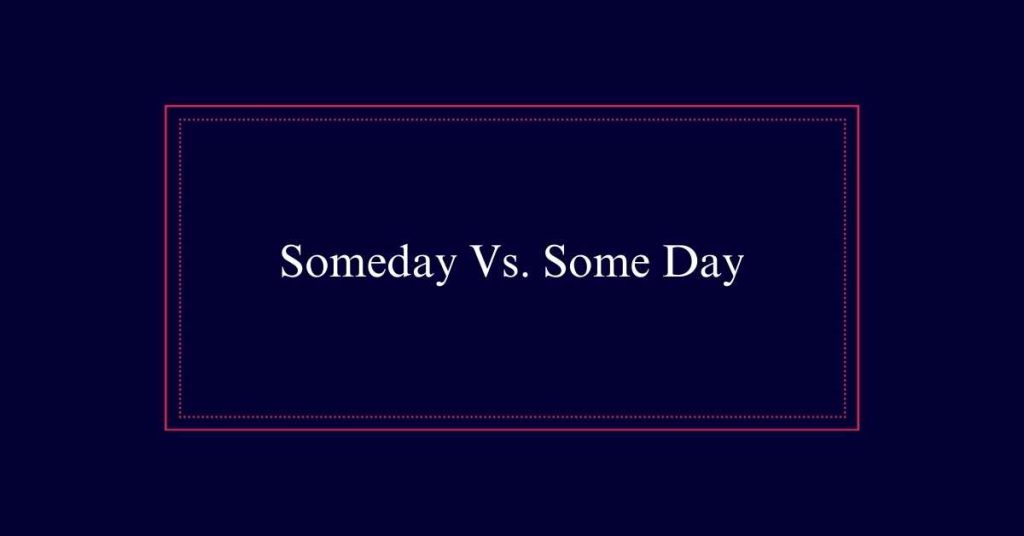
Examples of Some Day
For clarity, let us examine some examples of how to use ‘some day’ in a sentence. ‘Some day’ refers to an unspecified single day in the future, often used when the exact date is unknown or unimportant.
Scheduling Appointments:
‘I have a dentist appointment some day next month.’
This sentence indicates an appointment within the next month without specifying the exact date.
Future Plans:
‘She plans to visit Paris some day in the future.’
This implies a future visit without a determined date.
Event Timing:
‘The concert tickets will go on sale some day in July.’
This means the sale will occur in July, but the specific day is not mentioned.
General Statements:
‘We will meet some day when our schedules align.’
Key Differences
Understanding the key differences between ‘someday’ and ‘some day’ is essential for clear and accurate communication. ‘Someday’ is an adverb used to refer to an indefinite future time. It implies that an action or event will occur, but without specifying exactly when. In contrast, ‘some day’ consists of the adjective ‘some’ and the noun ‘day’, indicating a single, unspecified day in the future.
Here is a table summarizing these differences:
| Term | Definition | Example |
|---|---|---|
| Someday | Indefinite future time (adverb) | ‘Someday, I’ll visit Paris.’ |
| Some day | Unspecified single day (adjective + noun) | ‘I have a meeting scheduled some day.’ |
Common Mistakes
Misusing ‘someday’ and ‘some day’ often leads to confusion in both spoken and written communication. These errors can obscure the intended meaning and result in misinterpretation.
Here are four common mistakes to watch out for:
- Incorrect Adverb Usage: Using ‘some day’ when ‘someday’ is intended, such as in ‘I will travel the world some day,’ which should be ‘someday.’
- Misplaced Specificity: Using ‘someday’ for a specific day, like ‘I have a meeting someday next week,’ instead of ‘some day.’
- Context Confusion: Misunderstanding the context, leading to phrases like ‘She will achieve her goals some day,’ instead of ‘someday.’
- Spelling Errors: Simply misspelling or miswriting the terms, which can lead to confusion in formal writing.
Impact on Writing
Properly distinguishing between ‘someday’ and ‘some day’ enhances the clarity and precision of your writing. Using these terms correctly guarantees that your readers understand your intended meaning without confusion.
‘Someday’ refers to an indefinite future time, whereas ‘some day’ points to a specific, yet unspecified, day. Misusing these terms can lead to ambiguity and misunderstandings.
For instance, writing ‘I will achieve my goals some day’ when you mean ‘someday’ may leave readers wondering about the exact day.
Tips to Remember
To easily remember the difference between ‘someday’ and ‘some day,’ focus on their specific meanings and contexts.
‘Someday’ is an adverb used for future events at an indefinite time. ‘Some day’ refers to an unspecified single day.
Here are four tips to help you remember:
Future Plans: Use ‘someday’ when talking about vague future plans.
Example: ‘Someday, I’ll travel the world.’
Specific Days: Use ‘some day’ when referring to a particular but unspecified day.
Example: ‘We will meet some day next week.’
Adverb vs. Noun: Remember, ‘someday’ is an adverb, while ‘some day’ combines an adjective and a noun.
Context Clues: Look for context within the sentence to determine the correct usage.
